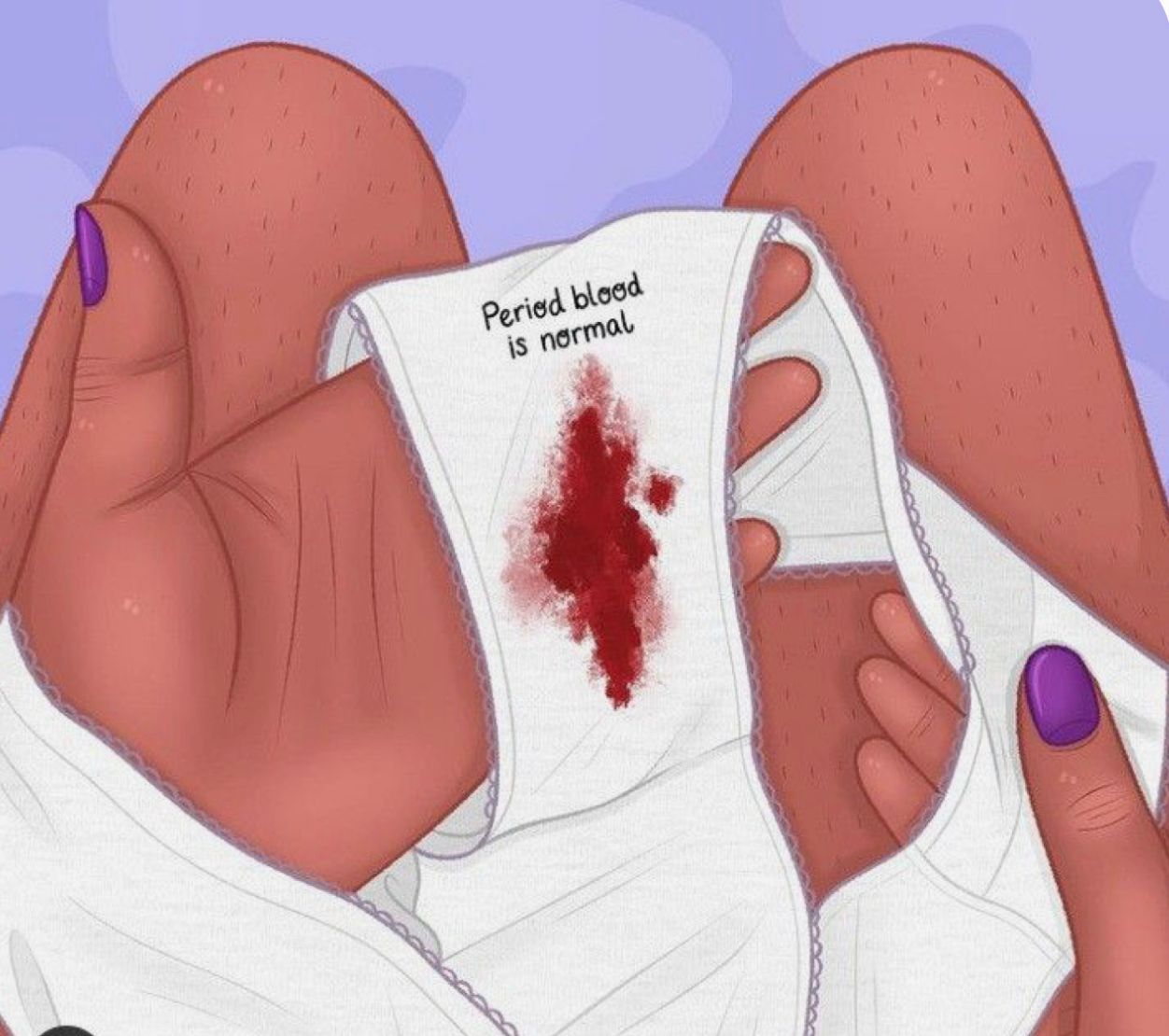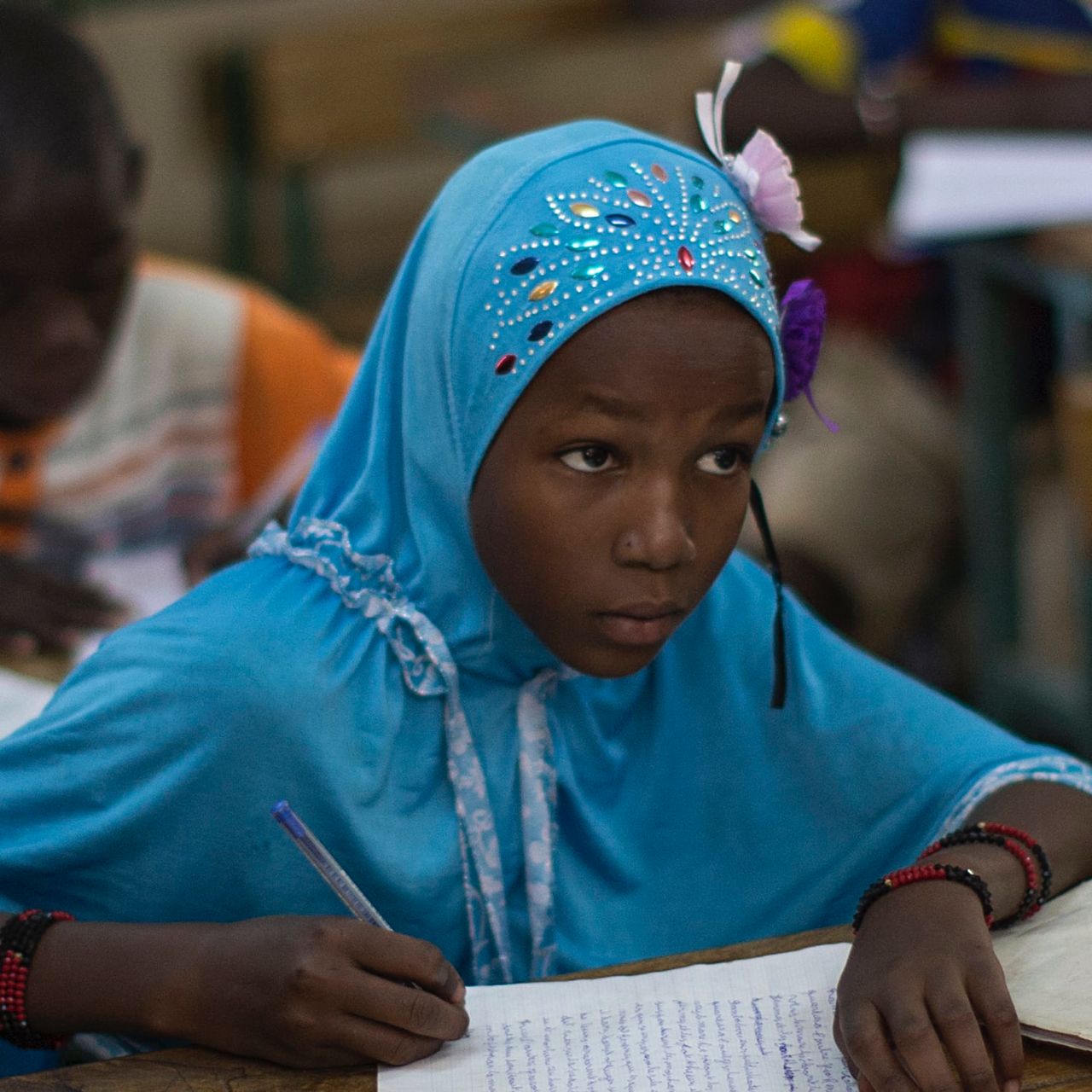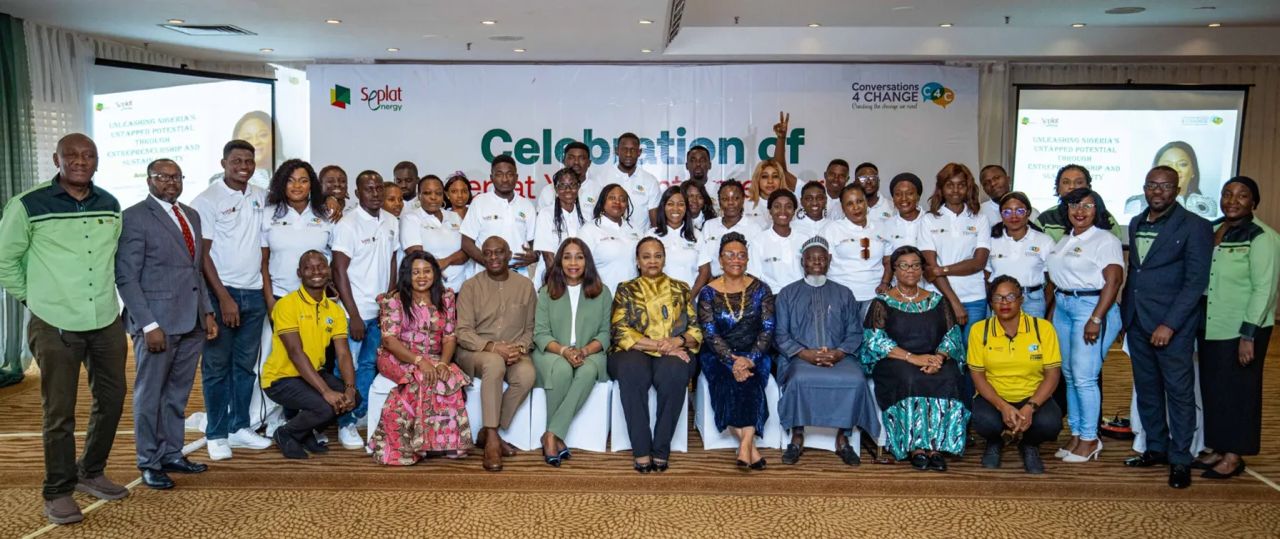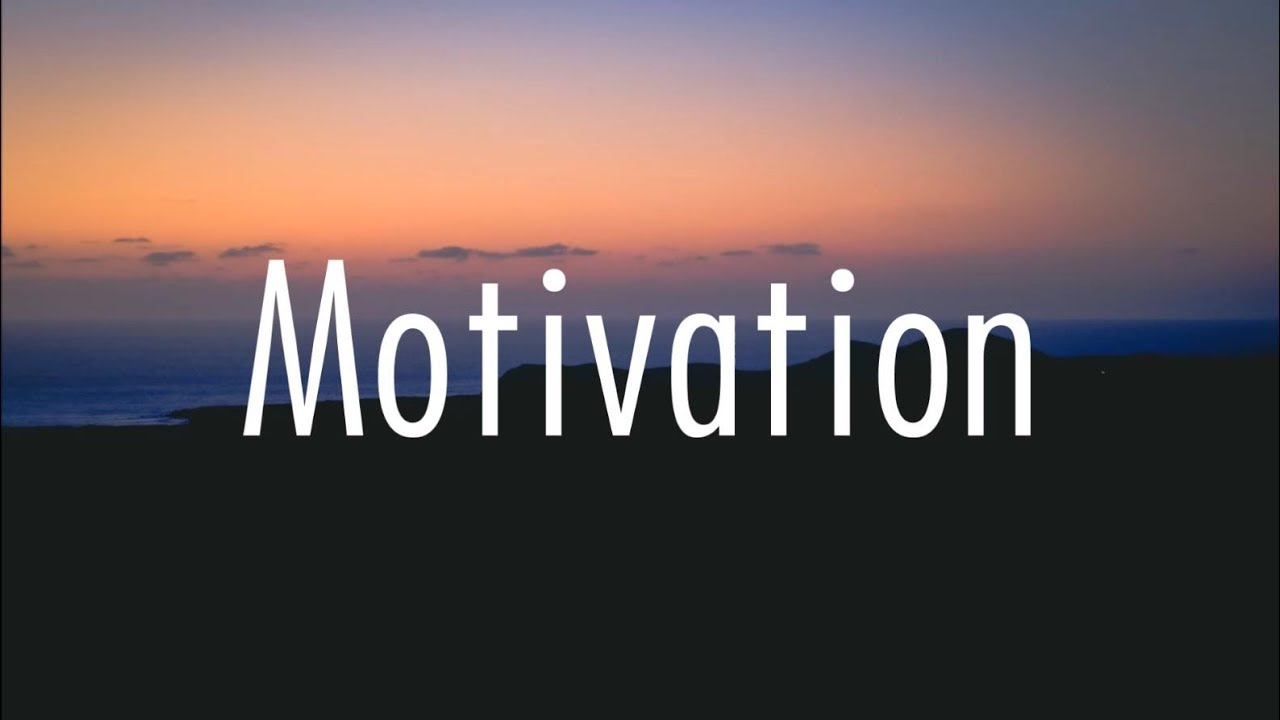
Mrs. Ngozi Oyewole Lends Her Voice to Menstrual Health and Gender Equality at the International Women’s Day Celebration 2023
In every region of the world, young feminist activists have been leading grass-root campaigns and initiatives, including in social media, to challenge stigma, taboos, gender inequality, and period poverty.
Strategic Women And Youth Institute (SWYI) is driving the initiative on menstrual hygiene management, human rights, and gender equality.
This is an opportunity for experts to highlight the challenges and best practices regarding periods and to raise the alarm on the need for a broader conversation of menstruation beyond menstrual hygiene management, grounded on human rights.
“Speaking their truth and making their voices heard, SWYI is significantly contributing to making clear that menstrual experiences of women and girls are not homogenous but shaped by intersecting factors such as age, gender, race, disability, economic social, migration, and other status and contexts, be it in peace, conflict, disaster or within a health crisis.
Period poverty is a struggle for many women and girls.
Period poverty is defined as the lack of access to period products and the limited available options; access to a clean and private bathroom; access to a safe space and a person to confide in; and lack of education and gaps about menstruation due to the lack of funding allocated to research on menstrual health.
When it comes down to ending period stigma, young girls need to be provided with basic information.
A young girl ‘Amaka’ in our SWYI Community Academy told her story of when she first saw her period.
She thought she had cancer till her mum said that the blood she saw between her legs was not cancer but she had become a woman!
Due to the lack of education about menstruation and access to menstrual products, millions of girls around the world like ‘ Amaka’ have no idea what happens to them when they get their first period, and how to manage it in a safe and hygienic way.
When it comes to ending period stigma, we are sending a message to men who have played a critical role in sustaining taboos and stigma over centuries.
Men now have a responsibility to step up and help end it.
By speaking openly and respectfully about menstruation, by acting as allies, and providing support to the women and girls around us.
Menstruation is a human rights issue
While menstruation is a normal biological process that most of all women and girls experience, it continues to be a target for discrimination and humiliation.
Because of social taboo and gender stereotypes that stigmatize menstruation as dirty, many people experience menstruation with shame and without access to the resources needed to manage their menstrual health safely,” she said. “Menstruation is a human rights issue.
It is also a public health and development issue.”
A young girl’s first period can set off several human rights violations, including child marriage, sexual violence, unintended teenage pregnancy, and the disruption or end of their education.
We throw support behind the UN Working Group on discrimination against women and girls, who are concerned about women and girls in crisis settings such as the millions of refugees, internally displaced and stateless women and girls who face challenges due to their menstrual health needs not being met and how period poverty impacts low-income populations worldwide.
As a way to achieve menstrual health and gender equality, the President of Strategic Women And Youth Institute (SWYI) Mrs. Ngozi Oyewole in the communique shared during the Women’s day celebration IWD 2023, said that it is vital for policymakers and practitioners to create a comprehensive multi-sectoral approach to menstrual health that is grounded in human rights.
She also said that this approach will require Stakeholders to implement a variety of international rights obligations including addressing the stigma, harmful stereotypes, and gender-based discriminatory social norms and practices impacting the menstrual experiences of women and girls.
She also stressed the need for an enabling environment where women and girls can make informed choices about their lives and bodies, including their menstrual health, free of stigma, violence, and discrimination.



